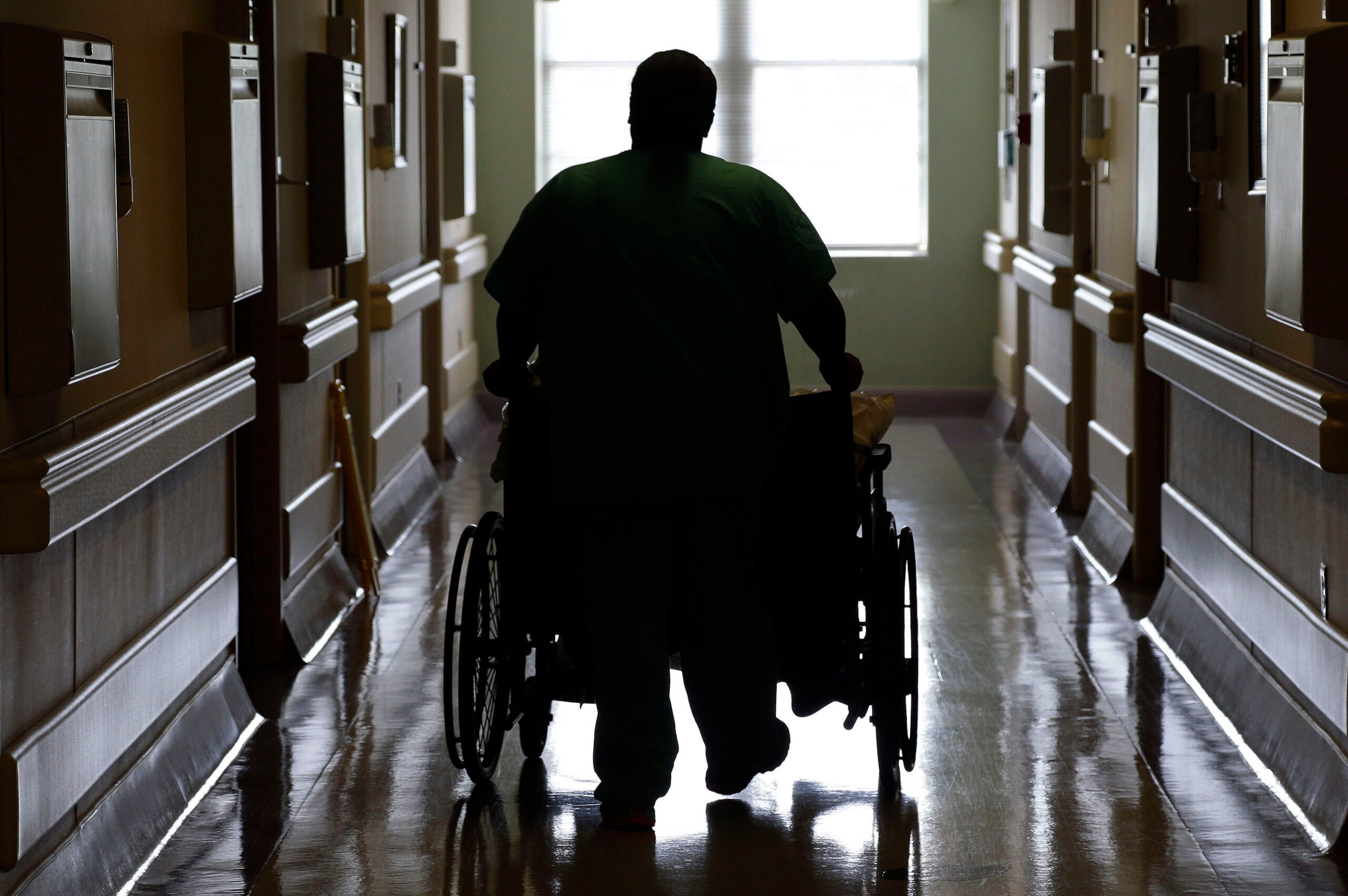Both federal and state health officials are pushing for more community living options for the elderly and disabled.
Relying less on institutionalized care could save Medicaid dollars and give people more say in how and where they live.
Federal health officials recently came out with state guidelines for home and community based services. Additionally, the Wisconsin Department of Health Services just issued a report to lawmakers on long-term care. It supports expansion of Wisconsin’s adult long term services program called Family Care to the 15 counties without it.
Stay informed on the latest news
Sign up for WPR’s email newsletter.
The state report says community-based supports help people maintain better health and independence. It says this is also one way to bend a rapidly increasing cost curve.
“We do by and large have a lower cost for individuals than our historic system (institutionalized care),” said Beth Wroblewski, the state’s deputy adminstrator in the Division of Long Term Care. “A big part part of that is how we can support people in their own homes as long as safely possible.”
Wroblewski adds that not all individuals cost less to support than if they were in community living. “We may have to put more safety measures in place for some people who have really complex needs,” she said.
In its report, the state Department of Health Services projects that within seven years, the cost of operating Family Care will be less than the cost of maintaining other long term care services. However, it notes overall cost for long term-care services will continue to rise due to inflation and population increases.
Wisconsin Public Radio, © Copyright 2024, Board of Regents of the University of Wisconsin System and Wisconsin Educational Communications Board.





